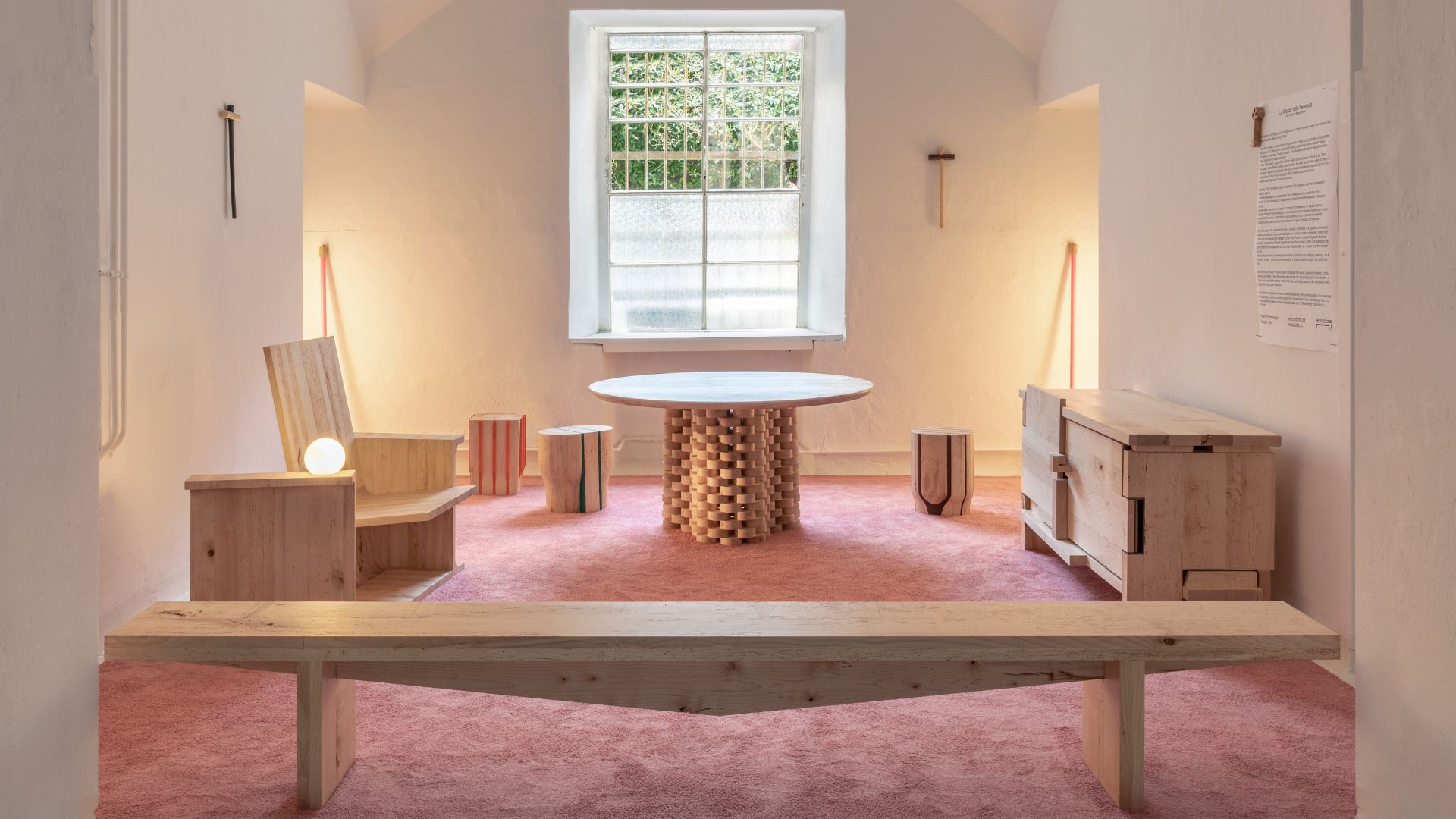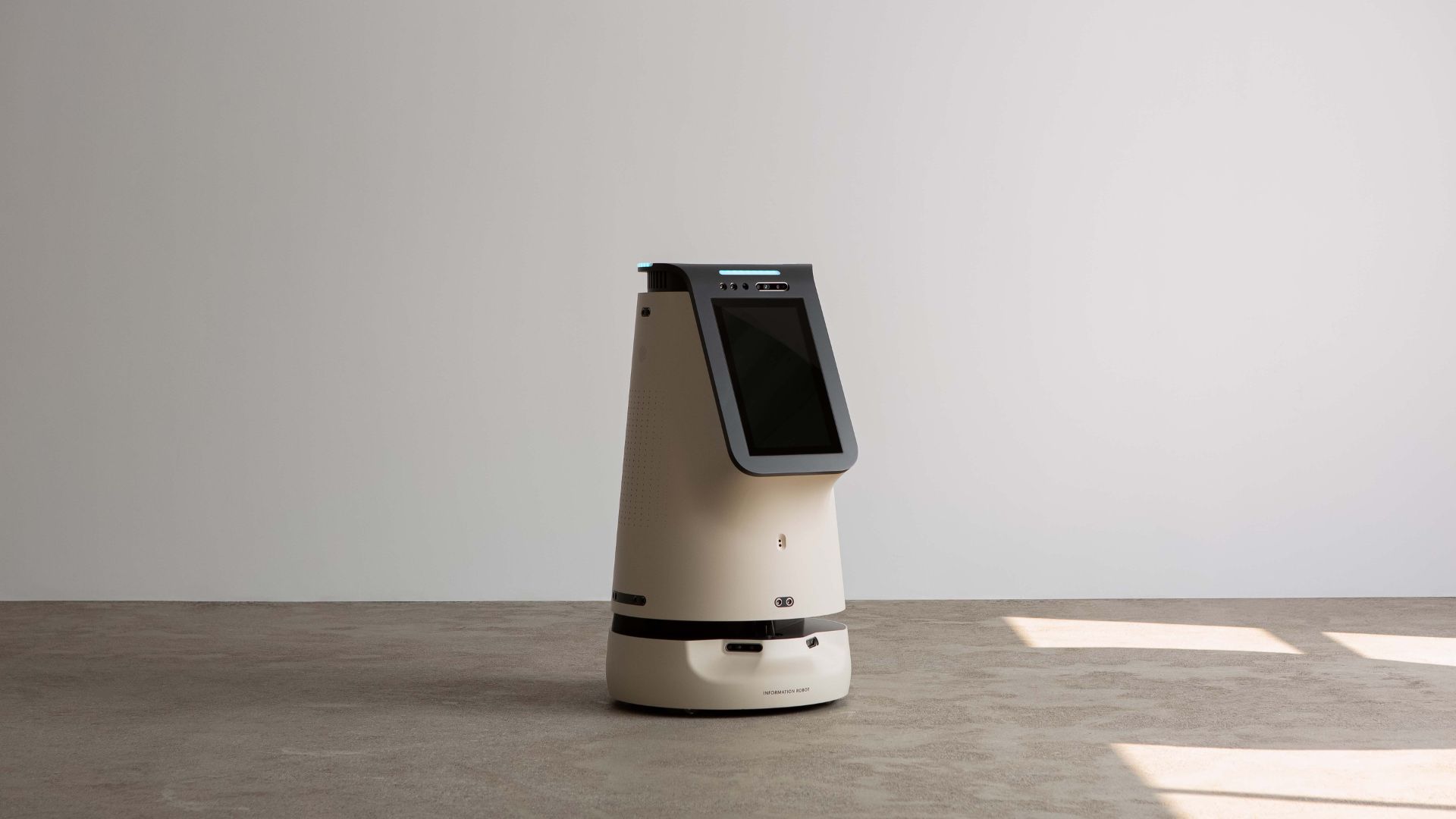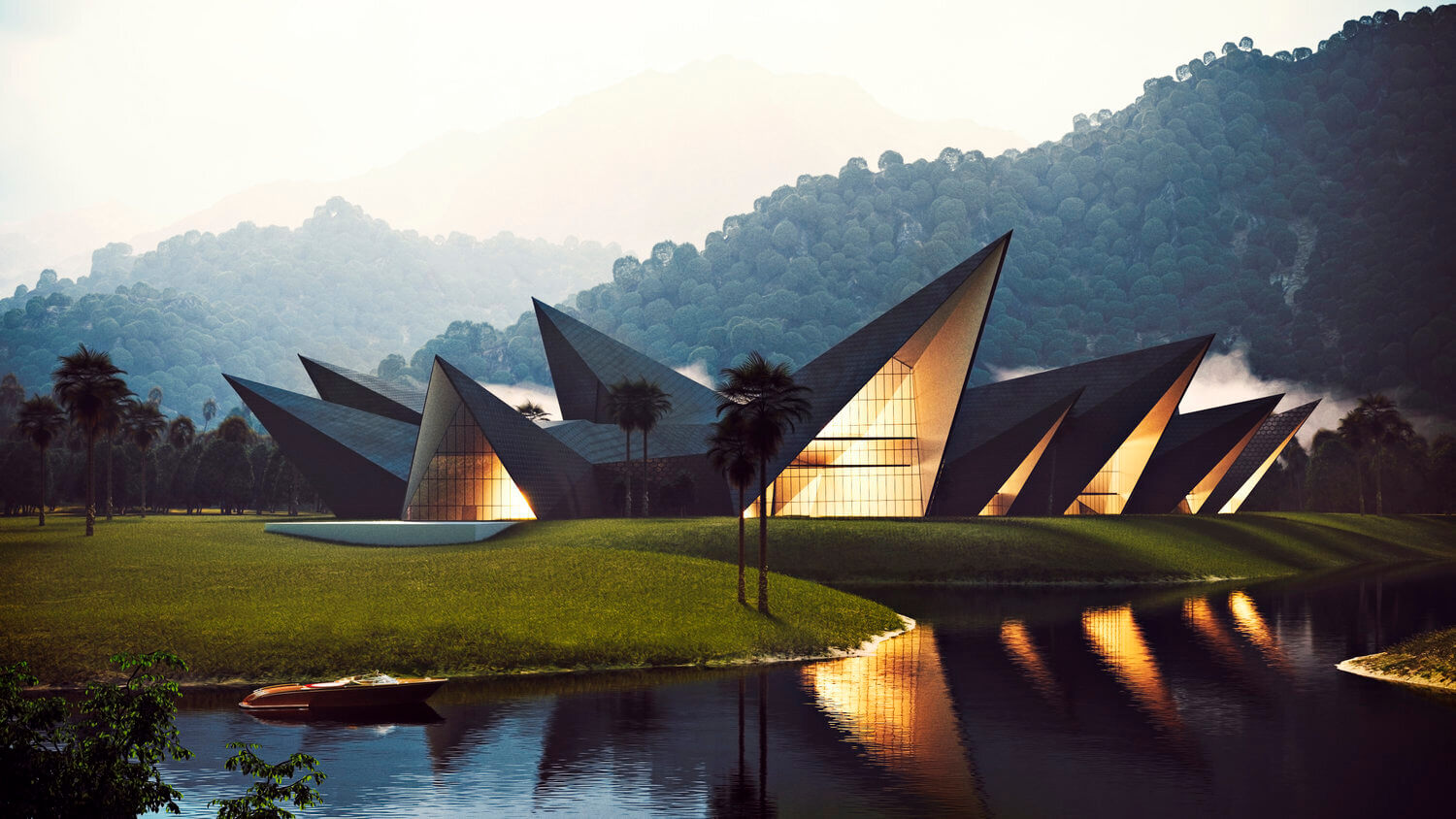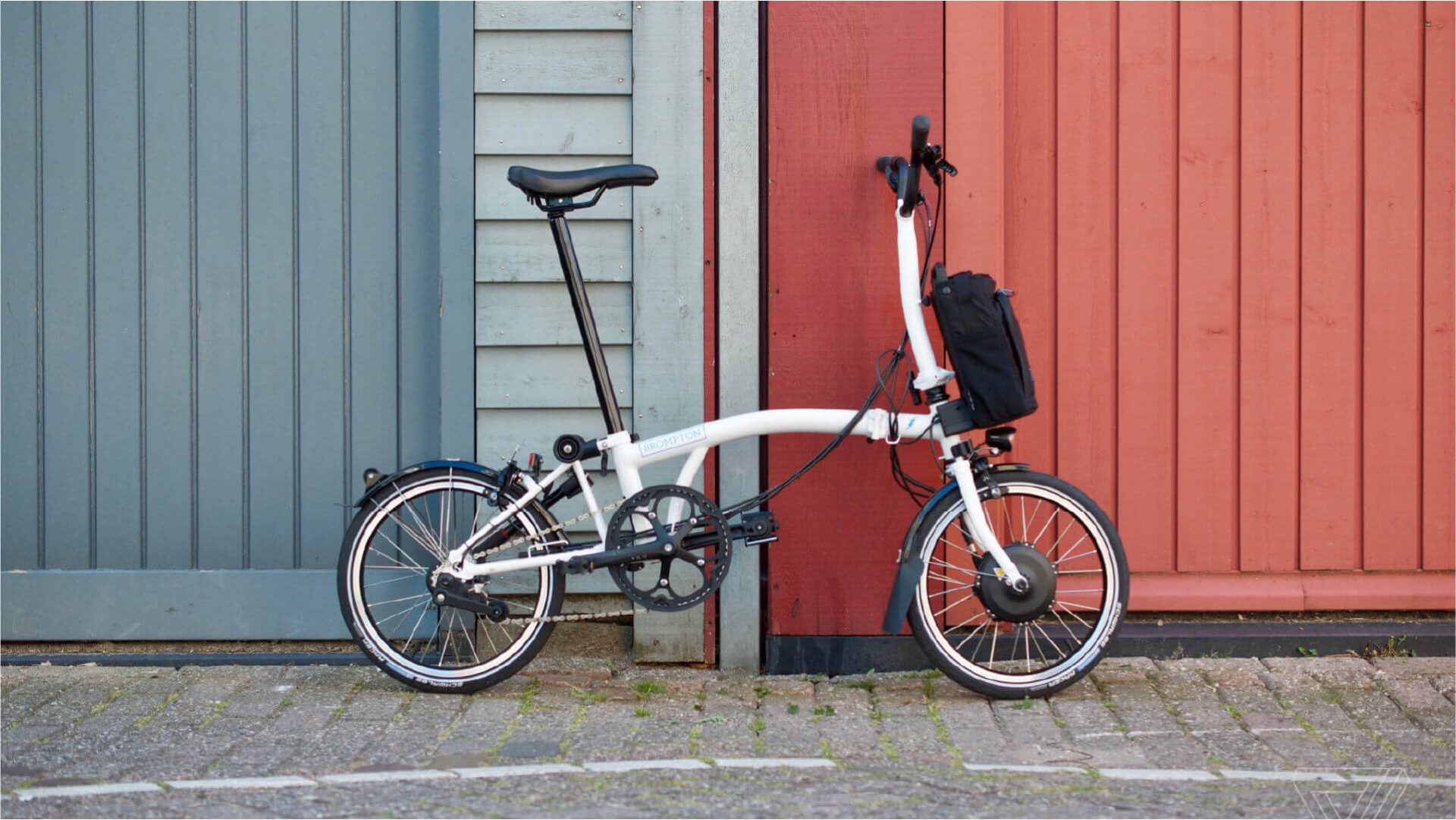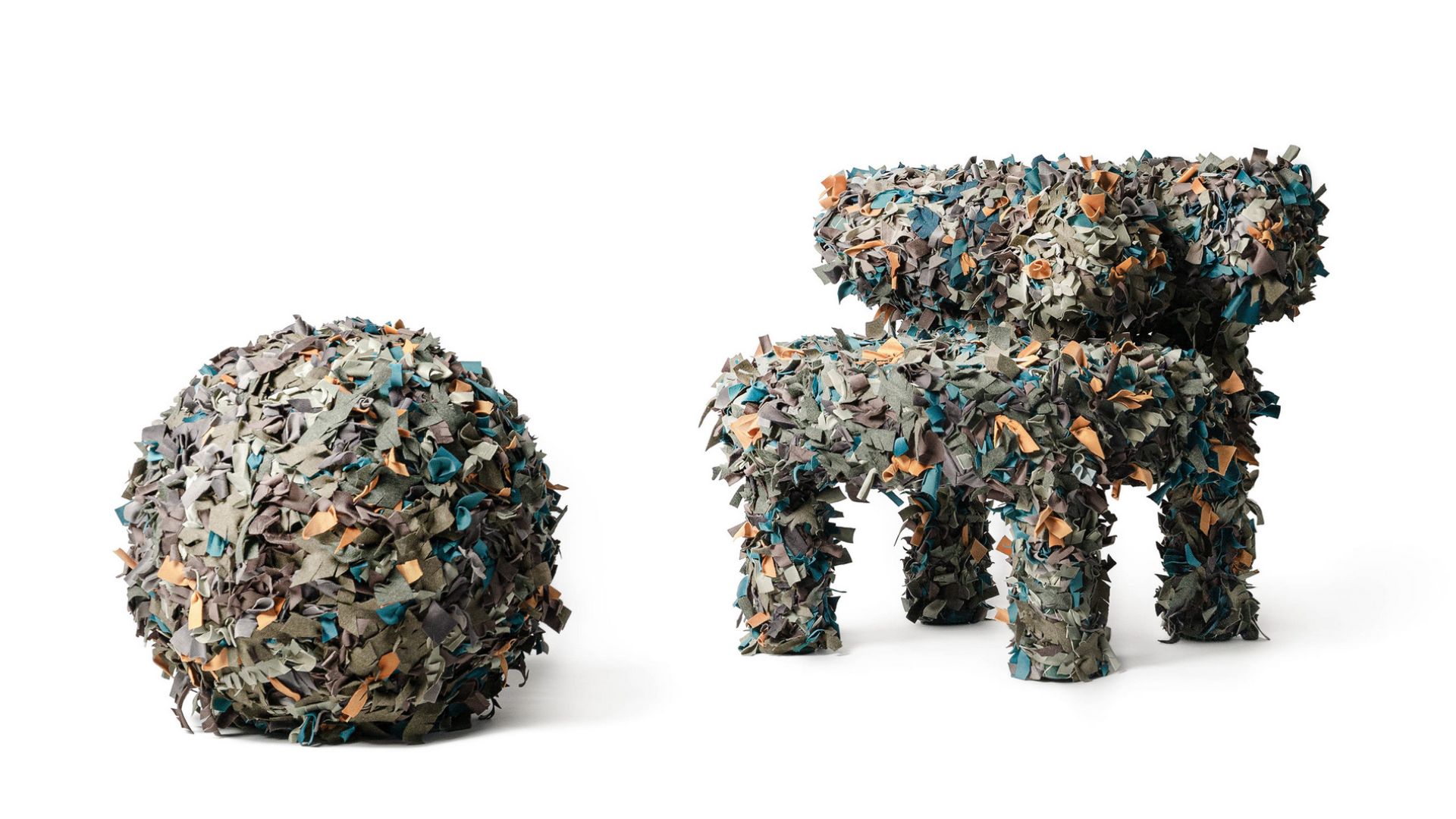M0.0NSHOT – Allbirds created the world’s first net-zero carbon shoe
Stepping inside the promising future of fashion using sustainable practices, Allbirds races to reduce trainers’ footprint
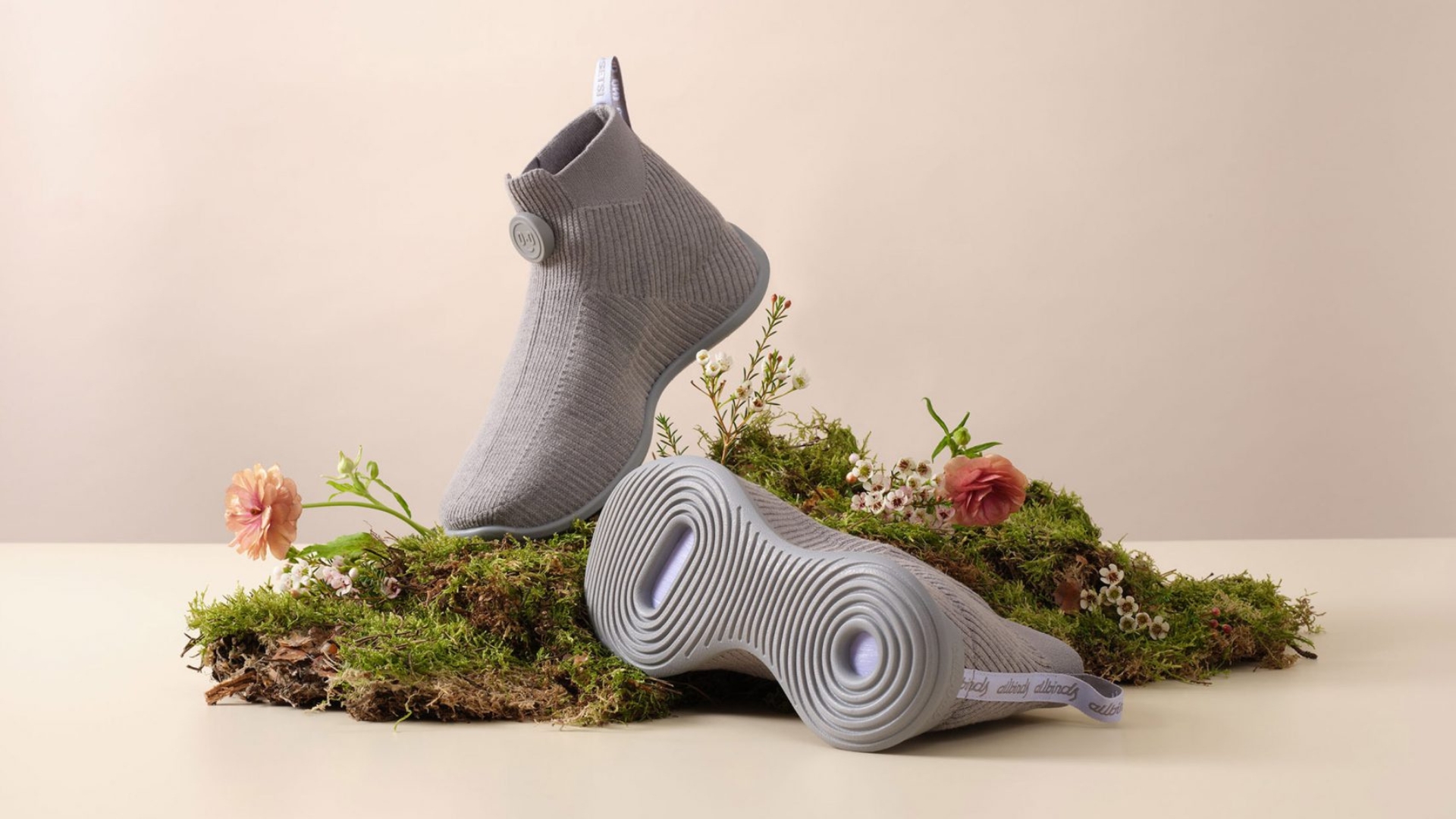
The world’s first net-zero carbon shoe unveiled at the Global Fashion Summit in Copenhagen, Allbirds presents M0.0NSHOT – a minimalistic all-gray wooly sock-style trainer with a bioplastic sole that adds zero emissions to the atmosphere over the course of its life.
With an on-farm carbon storage offsetting any other emissions generated over the product’s lifecycle – this sneaker seamlessly embodies an upper born from wool out of a regenerative farm in New Zealand utilizing sustainable land management practices to capture more carbon than it emits.
“Regenerative wool was a critical pillar of helping us reimagine how products are designed and fabricated through the lens of carbon reduction. To me, the currently untapped opportunity for naturally derived, net-zero products is the future of fashion!” shares Tim Brown, Co-founder Allbirds.
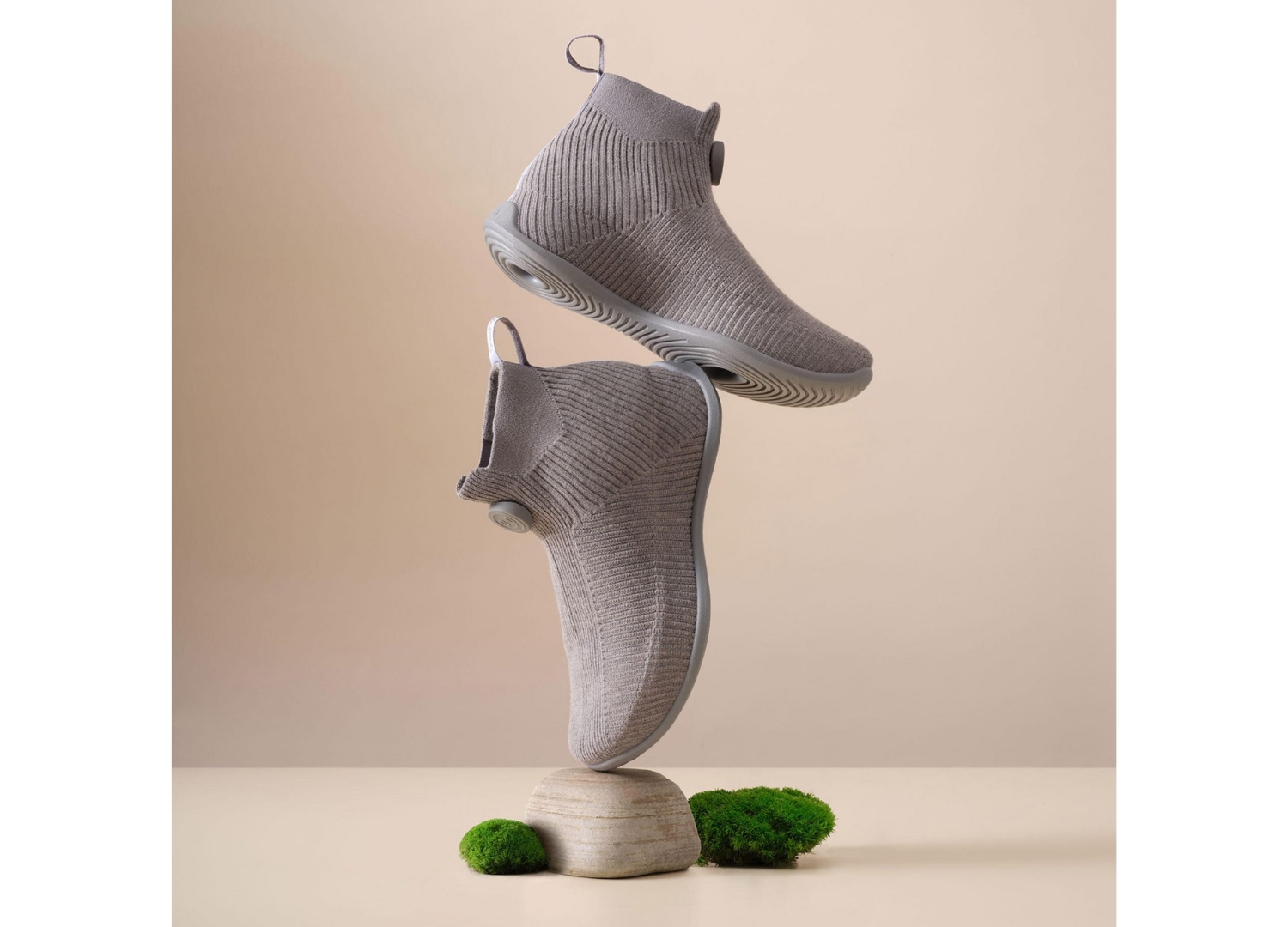
M0.0NSHOT for the Earth
This innovative one-of-a-kind product follows the footsteps of the Futurecraft.Footprint trainer – which at 2.94 kilograms CO2e was the lowest-carbon trainer ever made when Allbirds and Adidas launched it in 2021.
Back then, the team focused on simplifying the construction of trainers – that have an average footprint of 13.6 kilograms CO2e – as well as reducing the number of separate components from 65 to just seven.
This same principle is applied to the M0.0NSHOT, which features no laces or eyelets and integrates its insole directly into the knitted upper.
But this time, the key advance is highlighted in the form of materials – primarily the merino wool upper sourced from Lake Hawea Station, a certified net-zero farm in New Zealand.
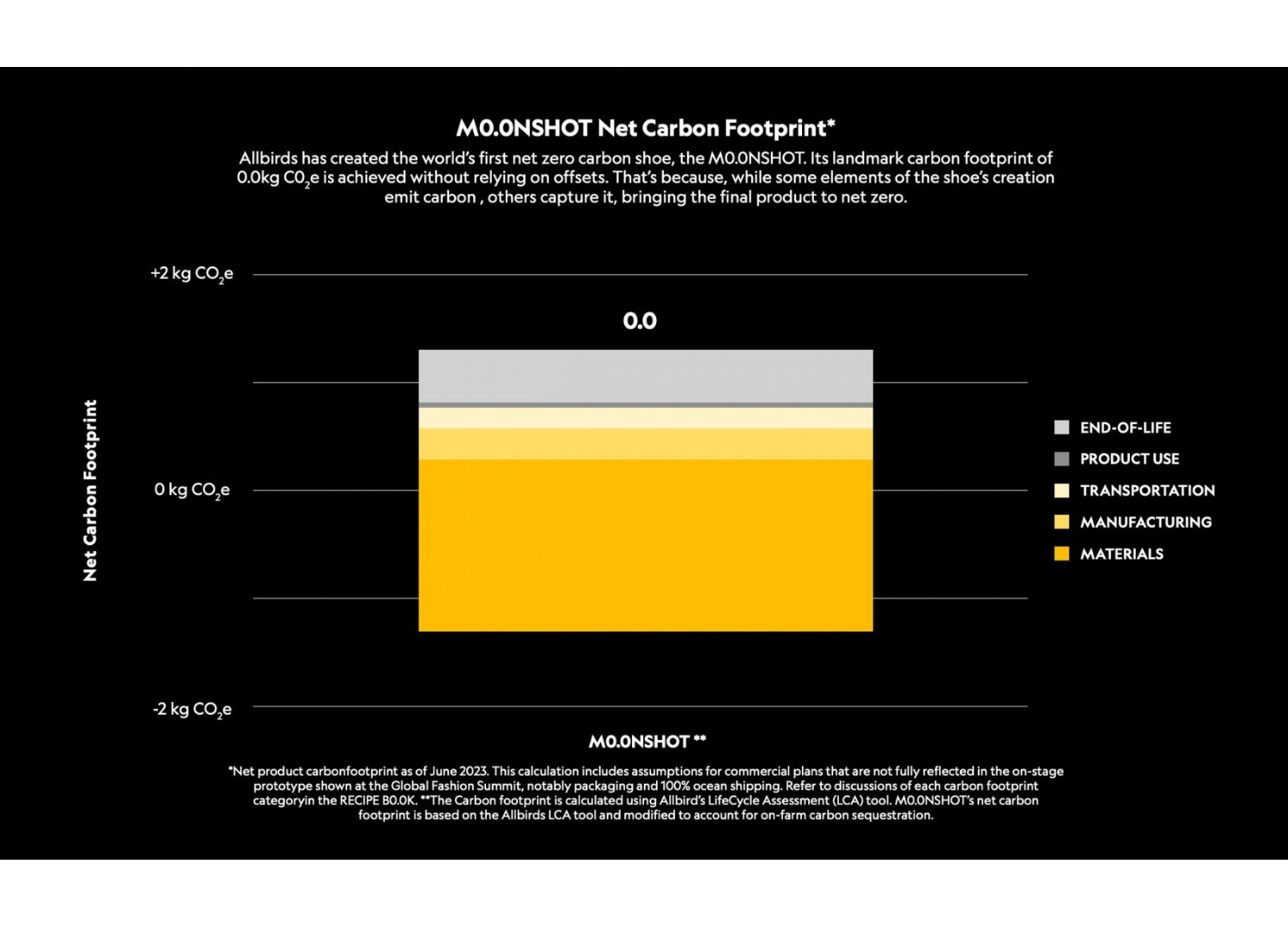
Through regenerative practices the farm says it sequesters almost twice as much carbon as it emits – from replanting native trees and vegetation, as well as maintaining soil carbon through rotational grazing.
Using Lake Hawea Station’s overall carbon footprint as a basis – Allbirds hopes to offer a template for how these carbon benefits could be considered within LCAs.
Additionally, regenerative wool cannot yet fully contend with the performance of synthetic fibers – to craft the M0.0NSHOT upper, it had to be blended with some recycled nylon and polyester for durability and stretch.
For the midsole they managed to amp up the bioplastic content from 18% in 2021’s Futurecraft.Footprint trainer to 70% in the Moonshot, using a process called supercritical foaming.

Making it more durable and lightweight while reducing the need for emissions-intensive synthetic additives – this involves injecting gas into the midsole.
Further stuck to the front of the sneaker is a bioplastic smiley face badge by California company Mango Materials, crafted using captured methane emissions from a wastewater treatment facility that is then digested by bacteria and turned into a biopolyester called PHA.
The shoe itself will be vacuum-packed in bioplastic polyethylene to save space and weight during transport, which sustainable footwear brand Allbirds plans to conduct via electric trucks and biofuel-powered container ships.
“The company has committed itself to reducing the carbon footprint of its products to below one kilogram and its overall footprint to ‘near zero’ by 2030!” Brown concludes.





